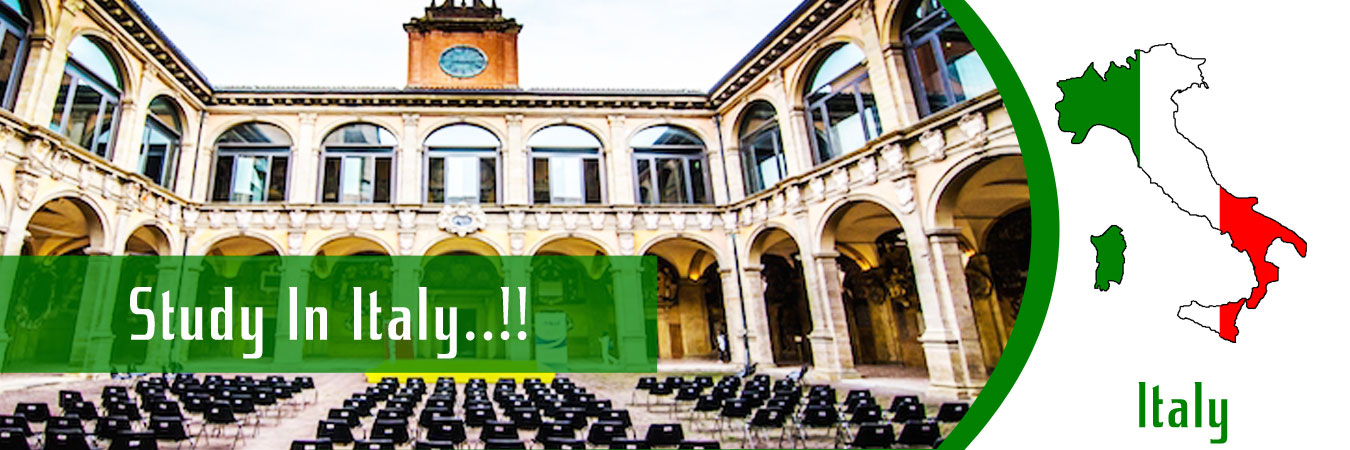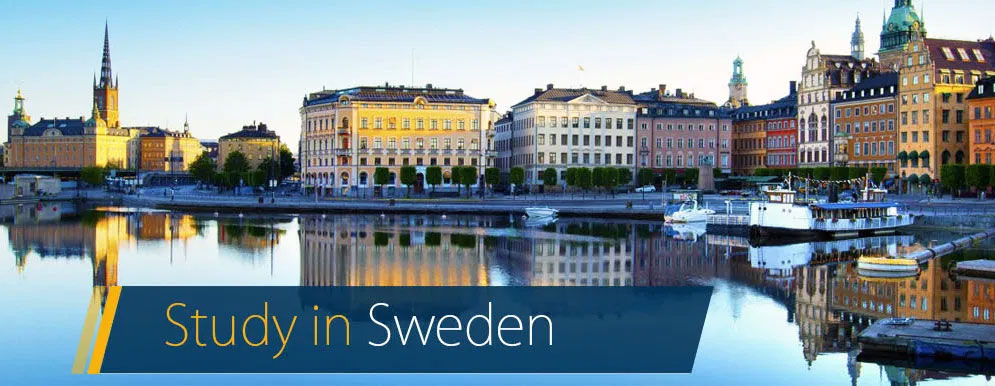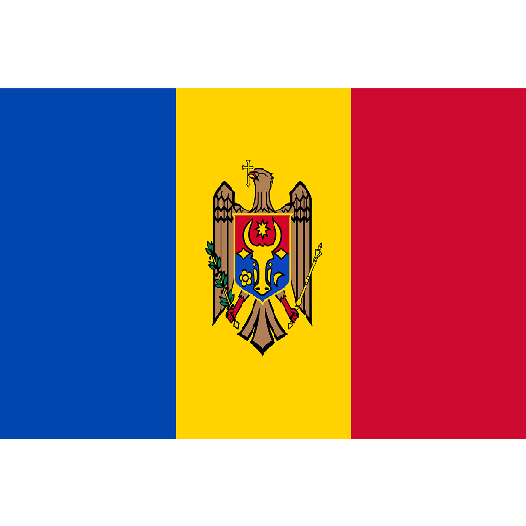



GERMANY
Germany is a country in Central and Western Europe. It has EU’s largest economy and its capital city ,Berlin is the epitome of this reputation. Germany is the seventh largest country in Europe with an area of 357,386 square kilometers. As a developed country with a high standard of living, it upholds a social security , universal health care system and a tuition free education. Germany is one of the best cultural places to visit in Europe. In 1961 , East Germany started building the Berlin wall between the two parts of Berlin. West Germany was one of the countries that started the European Union.
HIGHER EDUCATION SYSTEM IN GERMANY
In Germany there are hundreds of institutions that allow the opportunity for advanced degrees. Germany’s position as a European powerhouse means that many of its universities offer great job prospects. Germany can be relatively inexpensive country to study in as a lot of undergraduate courses do not command any tuition fees not just domestic but also international.















